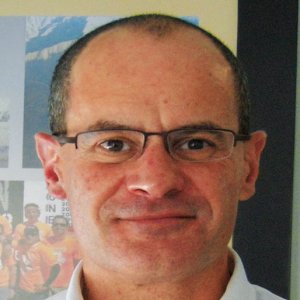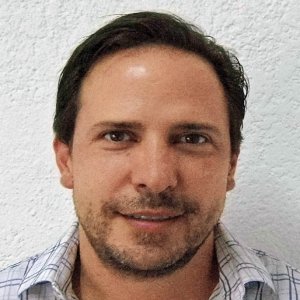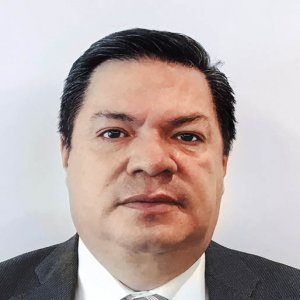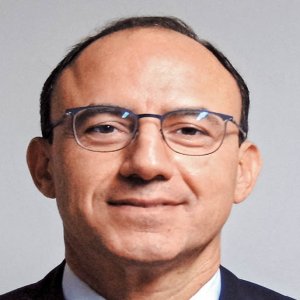Keeping Mexican Talent at Home Through Training

STORY INLINE POST
Companies increasingly face the challenge of not only training new talent but retaining that talent and keeping professionals up-to-date amid rapid changes. In addition to financial incentives, healthcare companies can turn to organizations like the Continuous Medical Education Institute (IMC) for help and guidance.
“We are an ally and a strategic partner for our clients because given the constant changes in the industry, companies cannot cope with the amount of training they want and need to provide for their staff,” says Marlene Llópiz, CEO of IMC, which offers custom-made solutions to prepare human capital in the pharmaceutical, scientific and medical industries.
The Institute provides different services, adapted to each of its clients’ needs, such as advisory boards, focus groups and continuing medical education courses. According to Llópiz, most of the companies that look for these services are pharmaceuticals, hospital groups and public institutions, such as ISSSTE and IMSS. “We had a summit on vaccination for the elderly which several pharmaceutical companies participated in, as well as the National Geriatrics Institute (Instituto Nacional de Geriatría). The final result is an upcoming publication in the Gaceta Médica that will set national guidelines for the vaccination of the elderly,” said Llópiz.
The topics chosen for the institute’s course catalogue and events are usually hot topics in the industry, in this case, geriatric care. In fact, since 2016, Mexico has been training health professionals to provide geriatric care for specific diseases like Alzheimer’s and dementia as part of the country’s commitment with the PAHO plan.
Key among the goals and outcomes of these summits is the exchange of knowledge among professionals, the access to new information and the development of new ideas, but mostly the writing and contributing of new policies that will bring about changes in the healthcare sector at a corporate and national level. “We are hopeful there will be a second geriatric summit in 2019. We are also planning to host a summit on nutrition for the elderly,” she adds.
These types of initiatives are favorable for the industry because they motivate and promote the development of national talent, which in Mexico has been drained by countries that offer better academic opportunities. In Mexico, 85 percent of science professionals who hold a post-graduate degree have studied abroad, and many usually remain outside of Mexico. Also, in 2012 Mexico saw the lowest investment in science of OECD countries. However, companies are starting to take action to retain that prepared talent. According to Llópiz, many pharmaceutical companies have started providing financial incentives to their workers based on the results of compulsory academic courses, emphasizing a worker’s responsibility for their education.
When a company wishes to work with IMC, the institute prepares a proposal based on the client’s needs. Some request training on a specific disease and treatment, to be delivered during a determined period of time and for a certain type of professional, whether related to market access, medical training or for the sales forces. IMC can also help prepare international exchange programs. “We are working on a proposal for a company that would like to send a group of oncologists to Spain to visit oncology centers and learn about their experiences and exchange points of view and treatment guidelines.” The institute is also organizing a summit of ophthalmologists in Central America for retina experts to develop national guidelines for this specialty for several Latin American countries.
Because IMC’s solutions are tailored to the client, the institute can work with private and public, national and international, corporate, small and commercial companies and academia. All ask for different services, but they have one thing in common: the need for continued training and up-to-date information. “The industry is very dynamic and you have to always be willing to change with it. We used to always talk about reference drugs for treating patients. Then, generics came along and it was a revolution and a new beginning for pharmaceutical companies. Currently, we have biotechnological drugs on board. Therefore, both the physician’s knowledge and strategies to promote pharma sales have to be continuously updated.”






















